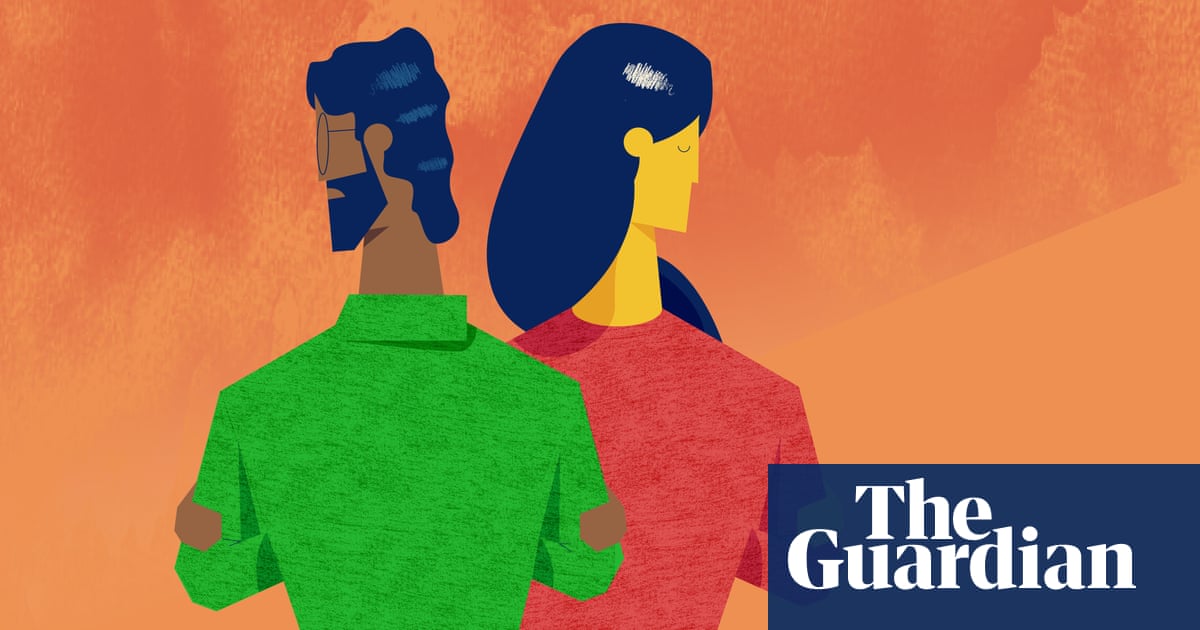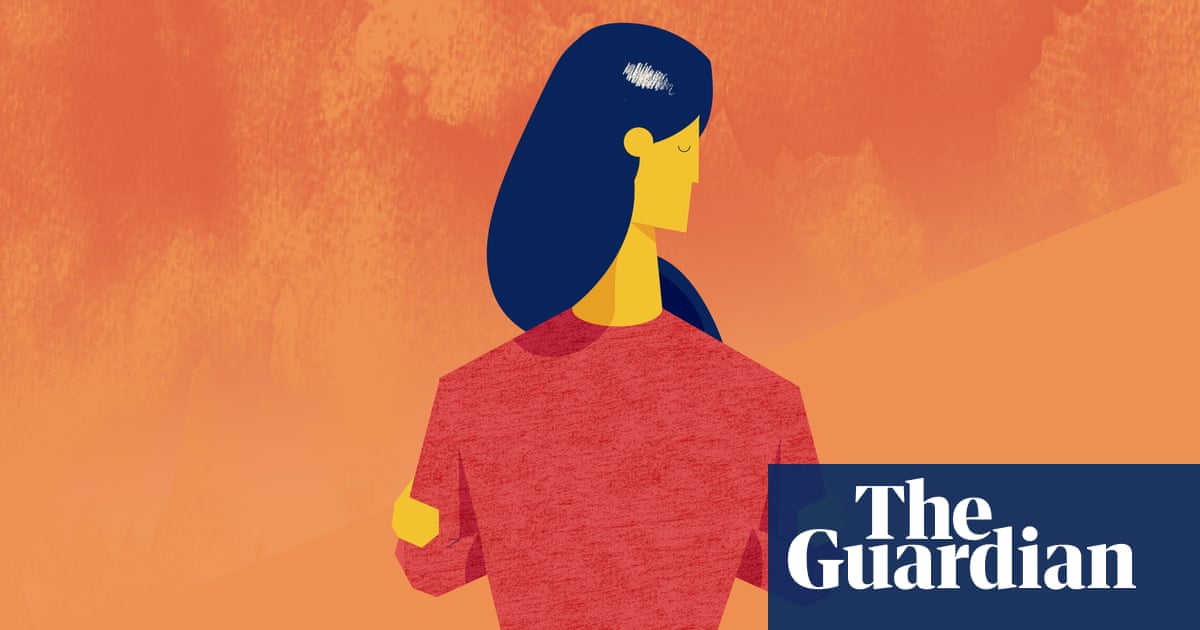
I’m a woman in my 20s struggling to know how to respond to my younger sister’s violent outbursts. She is also in her 20s.
They happen quite frequently, and seemingly come out of nowhere. For example, once I was chatting with my mum in the living room while my sister was watching TV. She asked us to shut up. We continued talking and so she came over slapped me across the face.
My mum was horrified. I didn’t retaliate – but I don’t know how to respond now. It’s not the first time either. She has slapped me before: on the evening of my graduation, and after a fallout between the three of us. Afterwards I didn’t speak to her for a few months.
She has been known to have fights with her friends, and was also violent towards her ex-boyfriend. My mum and dad think I should speak to her and help her, but I don’t know when her next outburst will be. What should the consequences be for her violence? I fear that if there are none she’ll continue to do it and I just have to take it.
I want a good relationship with her but I don’t want violent people in my life. I find her generally selfish, self-absorbed and entitled and wish she could grow up a bit. All in all, I feel quite helpless.
You sound like siblings very much stuck in childhood. I want to start by saying I abhor violence, but I’m also realistic about siblings occasionally lashing out at each other – however unacceptable that is. And the advice I’m giving here is directed to you in the situation you describe, not any other situation where a person is physically violent to another.
You do, as my specialist pointed out, have the “sanction of calling the police” (it could be classed as actual bodily harm or common assault) but, again being realistic, that may not be where you want to go.
Has this been a theme throughout your life, before graduation age? And have your parents ever mediated your relationship? When you were growing up, that was certainly their responsibility, and I believe parents still have a duty of care to help adult siblings navigate their relationship if they don’t seem able to.
Psychotherapist Henry Adeane (psychotherapy.org.uk) felt you were both aggressive in your own way: “One of you is passive aggressive and one of you is directly aggressive.” Of course, the moment physical violence is involved, the perpetrator loses any moral high ground.
“I don’t condone your sister’s behaviour,” says Adeane. “But what might be happening is that your sister has always been kept as the ‘younger sister’. And it seems that one of you is very passive and doesn’t know how to respond, and the other has a violent response which is in turn pathologised by the rest of the family.”
There seems little interest as to why your sister may be like this. Your parents’ response is also incredibly passive. If, according to your longer letter, your parents think your sister has bigger issues and needs you, then surely she needs them, too? “It seems,” says Adeane, “that your parents have split you up. They identify with you as a fellow adult – so there are three adults, and one child”. This must be incredibly frustrating for your sister. Adeane adds: “It’s probably your sister who still needs her parents, but they don’t seem to see that.”
Somewhere along the line, your sister wasn’t taught how to moderate her feelings. She’s an adult now, so her behaviour is her responsibility. But there can also be one child in the family who is labelled as the “bad” or “difficult” one. This is very convenient for the others because they don’t need to look at their own behaviour.
You can of course have very little to do with your sister. And you should set boundaries, which may be what she wants.
But your reaction to her outbursts – doing nothing – may not be the best one. “You and your sister never seem to have talked as two adults,” says Adeane. “When things are calm between you, could you try to organise a conversation with her along the lines of, ‘Look at us two grown up women. We get ourselves into these difficulties where I’m left not knowing what to say and you slap me’.”
You need to redefine your relationship as the adult women you are, not the children you once were. It would be brilliant if you could both go to family therapy but that may be a way down the line. It’s clear you both need each other but the way you are currently expressing it is not conducive to getting what either of you needs.
Every week Annalisa Barbieri addresses a family-related problem sent in by a reader. If you would like advice from Annalisa on a family matter, please send your problem to ask.annalisa@theguardian.com. Annalisa regrets she cannot enter into personal correspondence. Submissions are subject to our terms and conditions.
Comments on this piece are premoderated to ensure the discussion remains on the topics raised by the article. Please be aware that there may be a short delay in comments appearing on the site.












